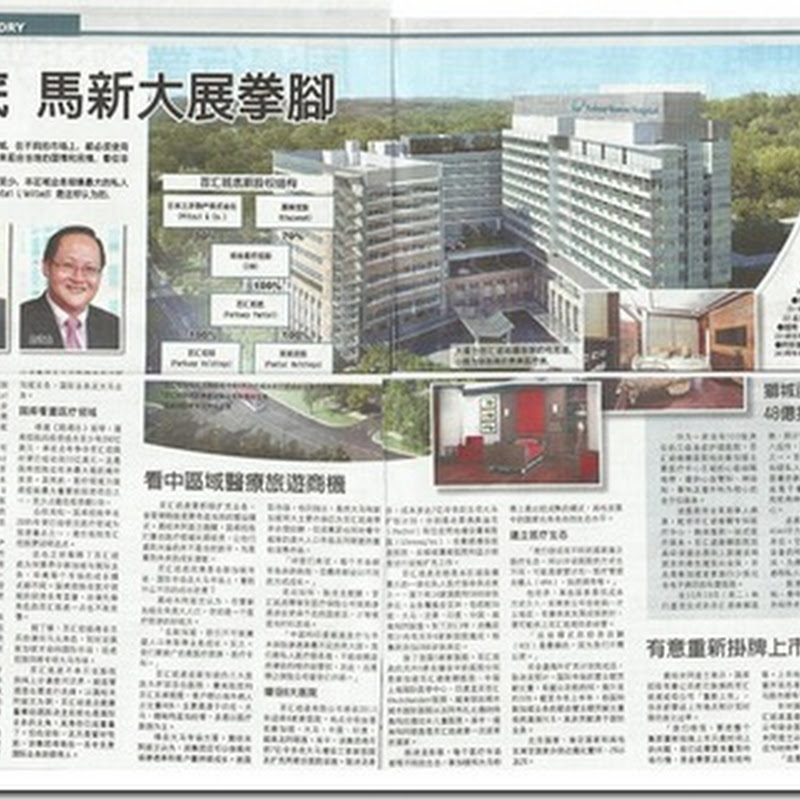A PCB maker plans to diversify into new businesses like healthcare and waste water treatment to reduce its overdependence on the cyclical electronics industry.
Currently, about 90 per cent of its revenue comes from its PCB business, while the rest comes from its property division.
It would like to reduce its dependency on the PCB business which currently accounts for the bulk of its revenues.
GUH could borrow as much as RM150 million to fund this expansion. It is also thinking of expanding its power and plantation businesses, which are still not significant contributors.
GUH has a fully-planted 154ha oil palm estate in Kedah where harvesting commenced in 2007. It also holds 20 per cent of a diesel-fired power plant in Phnom Penh, Cambodia, which runs under an 18-year concession from 1997 to 2015.
They are looking at reducing revenue contributions for the PCB segment to 75 per cent within two to three years.
For 2010, GUH plans to spend some RM50 million to buy land on Penang island and in the Klang Valley.
They are also earmarking between RM50 million and RM60 million to buy plantation land in Rompin, Pahang, Kelantan, Sabah and Sarawak in 2010.
Also on the cards for the company in 2010 are plans to invest in a concession project for waste-water treatment in China. They are likely to do this with a joint-venture partner.
GUH could also buy hospitals in highly populated cities.
Another long-term plan is to vie for more power generation projects overseas, and Cambodia is likely to be a preferred country.
Meanwhile, GUH is set to ramp up its PCB production via increased reinvestments next year for its Penang and Suzhou, China plants. Penang will get a RM18 million investment boost, while the Suzhou plant will see a RM5.5 million reinvestment.
The above investments in 2011 are to increase the capacity for our double-sided PCBs, upgrading production capability, while improving production efficiency and product yield.
Uninvestable – Oil CEOs Unconvinced With Trump To Plunder Venezuela
-
Every time the United States makes its move against a sovereign state –
either through an invasion or a political intervention – it’s always about
oil or...
9 hours ago





















































1 comment:
Beware of debt; beware of too much expansion esp. into areas where the management has no or limited expertise.
Post a Comment